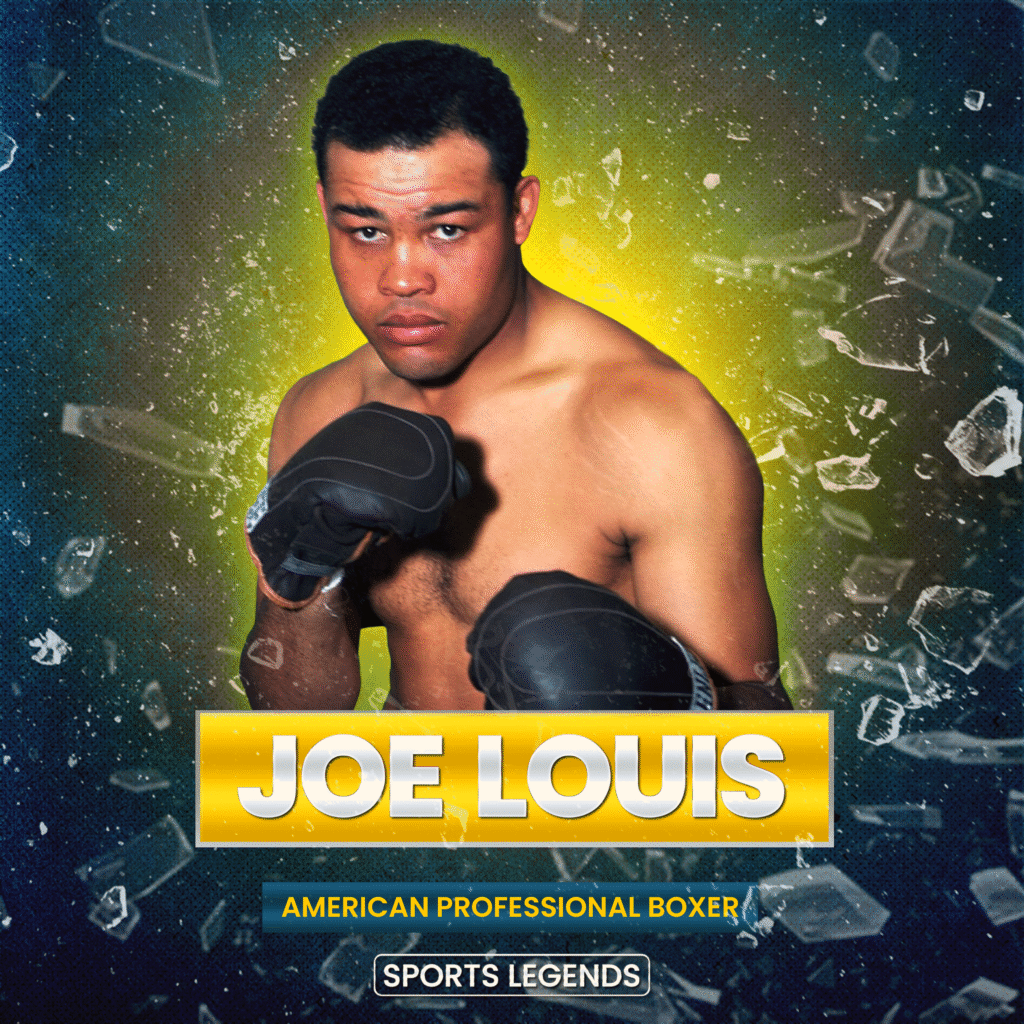Joe Louis Barrow was nothing more than a stammering boy with the weight of Jim Crow on his shoulders when his family fled the cotton fields of Alabama for the cold hope of Michigan’s Black Bottom in 1926 – Detroit’s burgeoning African American quarter where jazz clubs were just as common of a sighting as boxing gyms.
He wasn’t flashy.
He wasn’t loud.
Yet he hit like a freight train and moved like nothing the city had ever seen before.


 Please check your email for your login details.
Please check your email for your login details.
